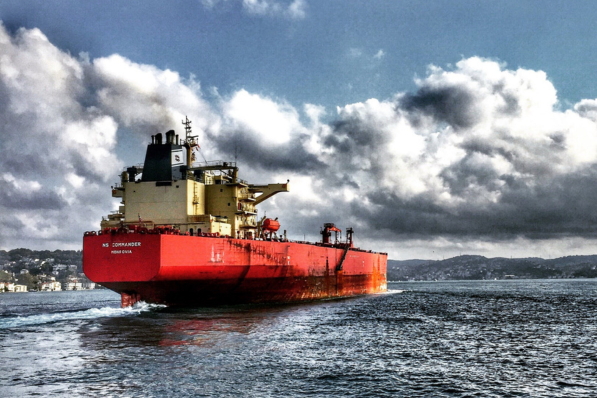
Faced with increasing pressure to reduce greenhouse gas emissions, including stricter targets set by the International Maritime Organization (IMO) in July 2023, the maritime sector is considering a range of decarbonization options.
According to the latest stats from DNV’s Alternative Fuels Insight (AFI) platform, a total of 298 ships with alternative fuel propulsion were ordered in 2023, which represents an 8% increase year on year.
By a small margin, methanol proved the most popular alternative fuel choice in 2023 with 138 ships ordered (excluding methanol carriers), a steep increase compared to the 35 ordered to run on this fuel the year before. The dominating segment for this fuel was container ships (106), followed by bulk carriers (13) and car carriers (10).
The second alternative fuel of choice in 2023 was LNG with 130 vessels ordered, down from 222 in 2022. However, when looking at newbuilds alone LNG would be in the lead as a considerable proportion of methanol orders were for retrofits. Last year also saw LNG finally break the 1000-vessel barrier (excluding LNG carriers), showing the fuel’s continued importance in the maritime energy transition. In 2023, the containers segment was the most active (48) for LNG, followed by car carriers (40), and tankers (30). The year also saw the first orders for vessels due to run on ammonia (11) come through, whereas, with just five orders, hydrogen was a less popular choice compared to the previous year (18).